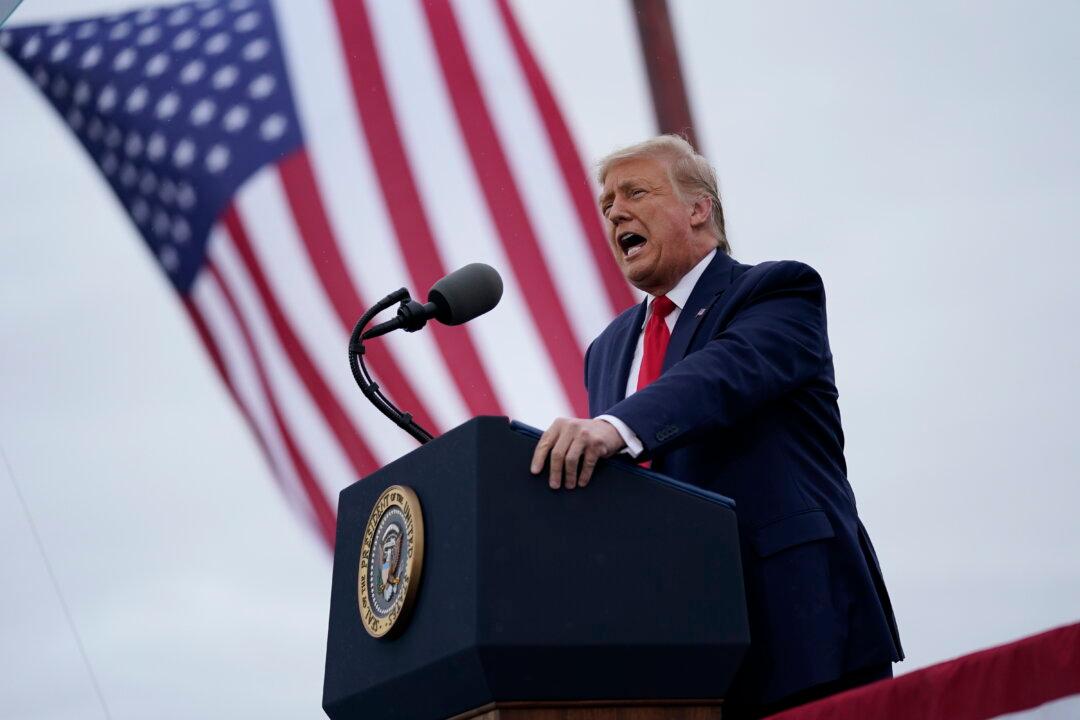Attorneys for President Donald Trump have filed suit in the Michigan Court of Claims in a preemptive effort to preserve his place on the state’s 2024 ballot.
The proactive move is designed to counter at least two pending lawsuits that are attempting to have President Trump disqualified under Section Three of the Fourteenth Amendment of the U.S. Constitution for being an alleged “insurrectionist” in connection with the Jan. 6, 2021 rally-turned-riot at the Capitol Building in Washington.





